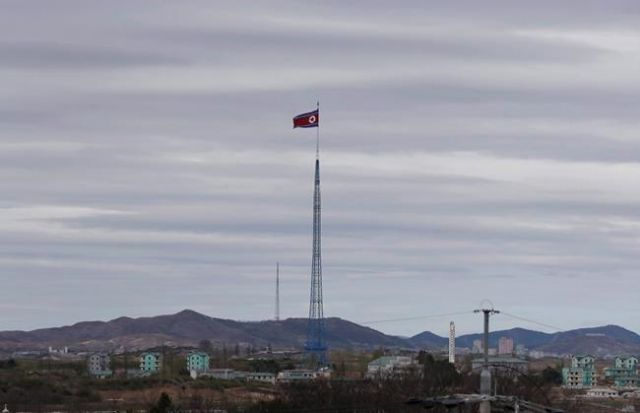
Canadian officials have been quietly preparing for the fallout from an atmospheric nuclear-weapons test by North Korea, including the spread of radioactive debris across the ocean and the significant public concerns that would arise, internal government memos show.
In the event of a test, Health Canada’s radiation protection bureau would monitor contamination, while various federal agencies would manage any dangers to the public and ensure everyone is well-informed about developments.
Radiation levels would depend on the size and height of a detonation and weather patterns over the Pacific Ocean, according to model scenarios mapped out by the bureau.
“Historical experience in fallout monitoring indicates that contamination would be well below levels of public health concern,” says a presentation prepared for Health Canada’s deputy minister.
“Nonetheless, significant public and political concern can be anticipated.”
Officials expect to suddenly be juggling everything from testing the safety of the food supply to evaluating the hazards to travellers and Canadians living abroad.
The Canadian Press used the Access to Information Act to obtain a copy of the briefing materials. A few passages in the notes, drafted last December, were considered too sensitive to release under provisions of the access law concerning international relations and security.
Nuclear tests in North Korea have taken place underground, resulting in “extremely small” levels of radiation that pose no risk to Canadians, the presentation says. However, it adds the country’s threats last year to carry out an atmospheric test “highlights the need to be ready to respond” to consequences.
North Korean leader Kim Jong-un’s nuclear ambitions touched off a stormy war of words with U.S. President Donald Trump and a high-profile summit meeting last June.
Canada is a signatory to the global Comprehensive Nuclear Test Ban Treaty, which prohibits nuclear explosions, and carries out various activities in support of the treaty including round-the-clock monitoring.
The radiation protection bureau operates a network of over 100 monitoring stations across Canada as well as laboratories that allow for prompt assessment of fallout from a nuclear accident or weapon through collection and analysis of air, rain and milk samples.


